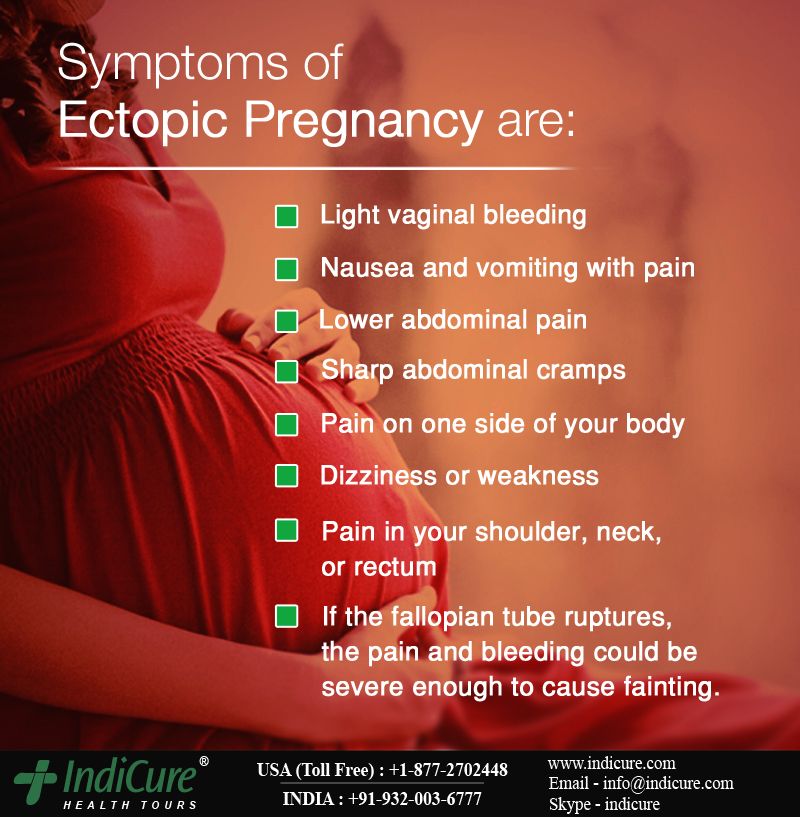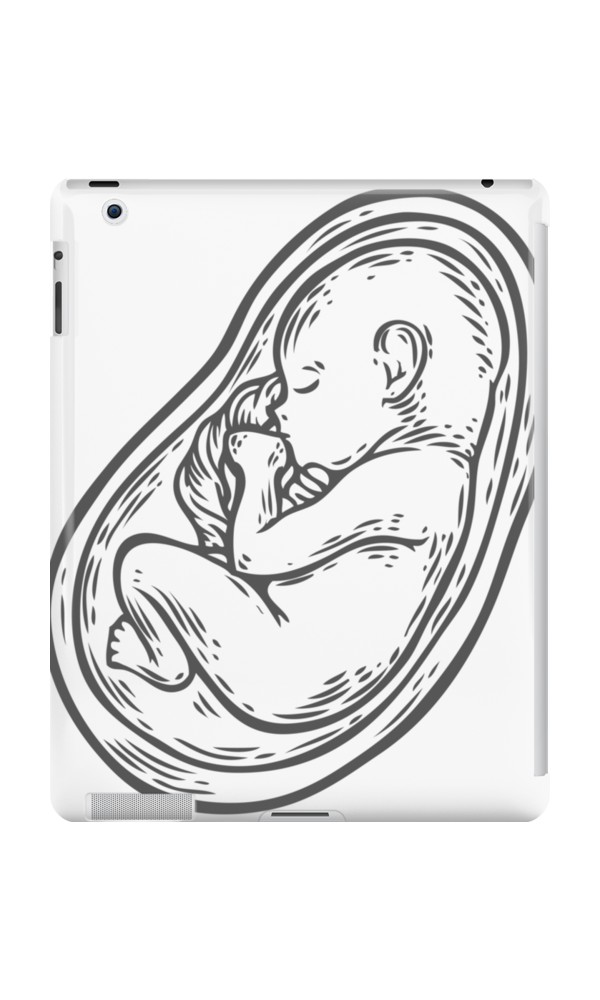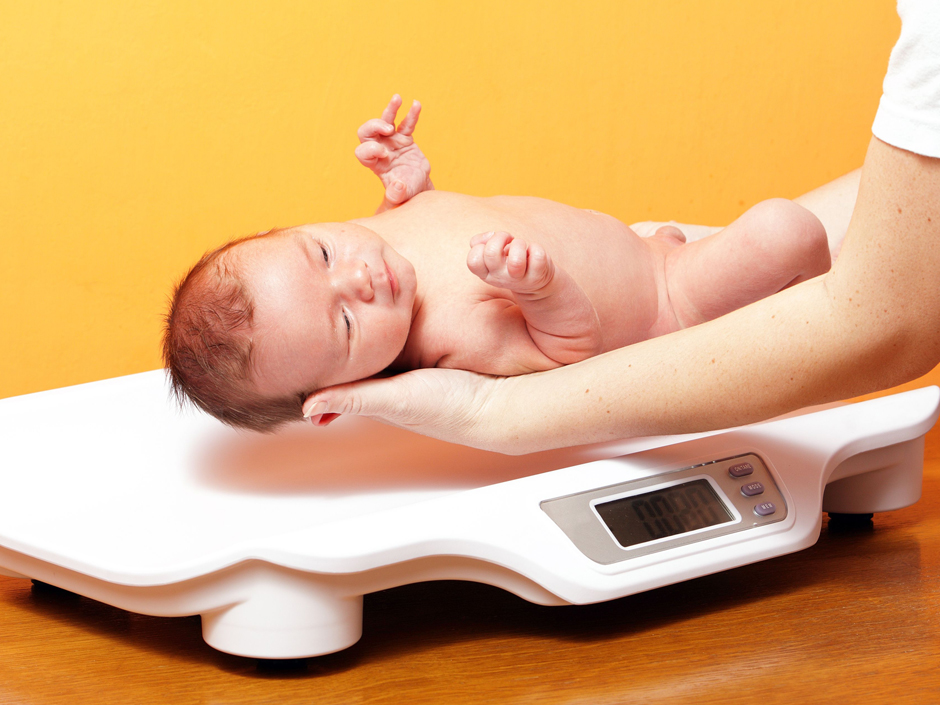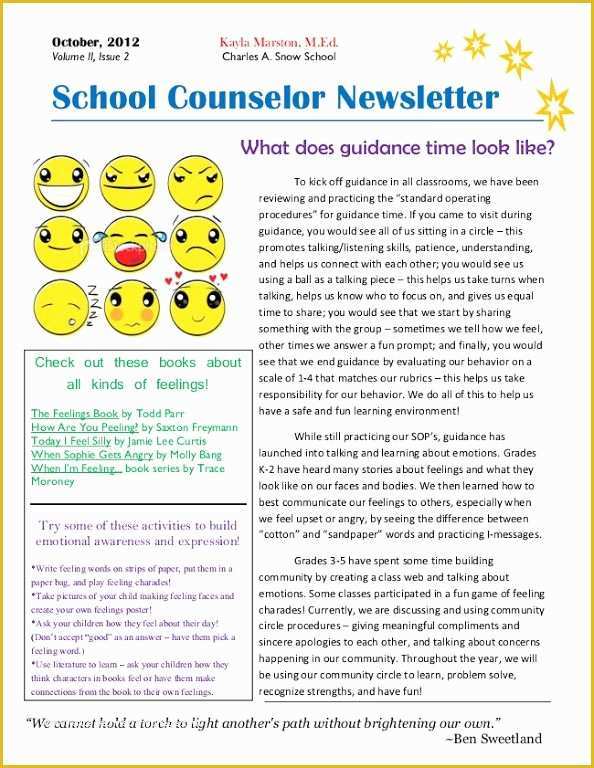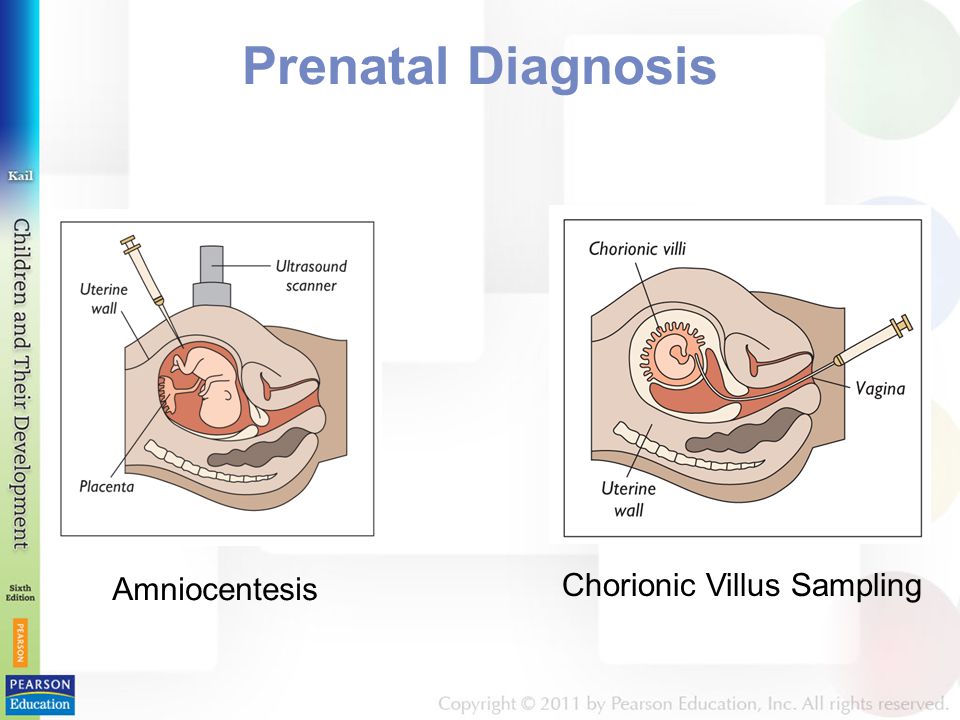Swollen breasts after miscarriage
What Can I Expect After A Miscarriage?
Our deepest sympathies for the tragedy you’ve experienced, friend! Miscarriages are never easy, it doesn’t matter how old your developing baby was before the event—you likely imagined what they would look like, who they would grow up to be, how much you already loved them.
In the wake of this event, you’re likely to experience a deep sense of loss and other symptoms of grief while you mourn the miscarriage. However, you can also expect a number of other side effects of this difficult event.
Here are a few of the things you can expect in the days and weeks following a miscarriage. You may not experience everything on this list. In fact, some women experience a “missed miscarriage” where they miscarry without experiencing outward physical signs. But no matter what life looks like after your loss, we recommend staying in close contact with your doctor during this time.
Post-Miscarriage Symptoms
1. Changes In Your Breasts
After a miscarriage, you can expect breast discomfort of some kind, including enlargement/engorgement or leaking milk. These are temporary and should stop within a week but you can ease the discomfort with ice packs and a supportive bra.
2. Abdominal Cramps
You may also suffer with lower abdominal pain similar to menstrual cramps. You can expect this to last about 2 days after the miscarriage.
3. Bleeding
After a miscarriage, you can also experience light bleeding or spotting. Some women report bleeding similar to a menstrual period lasting up to a week after a miscarriage. Your period should resume as normal within 3-6 weeks.
4. Sadness
Grief after any loss is normal. However, any time a body goes from being pregnant to not being pregnant, there is an extreme shift in hormones that can affect brain chemistry. Know that your grief may peak immediately after your miscarriage as the pregnancy hormone (hCG) has drastically dropped and feelings of sadness typically accompany such a drop.
When Should I Call My Doctor?
There are other symptoms that may arise after a pregnancy loss; if you experience any of these, please see your doctor right away or go to an emergency room for care.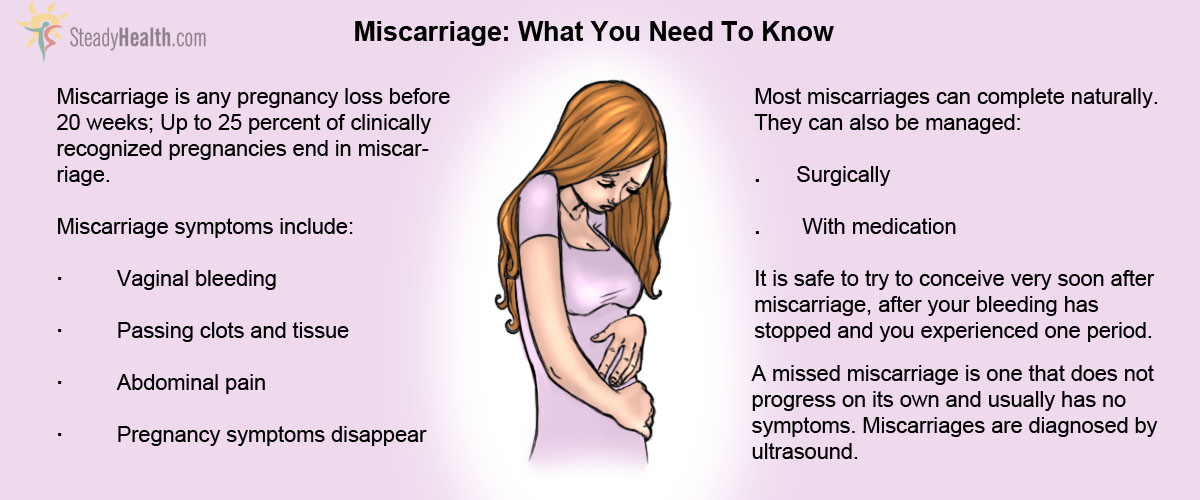
* High fever and/or chills
* Severe cramping that doesn't stop, or any cramping that lasts more than two weeks
* Heavy bleeding (soaking more than two maxi pads per hour for two hours or more), or any bleeding that lasts more than two weeks
* Foul-smelling vaginal discharge
Another key emergency indicator is symptoms of excessive blood loss. If you experience lightheadedness, pale or clammy skin, or an increased heart rate along with significant vaginal bleeding, call 911.
Infection
Infection, which can complicate and prolong recovery, is also something to watch for after a miscarriage. Infection isn’t common and there are measures you can take to help prevent it:
* Take showers instead of baths
* Use sanitary pads rather than tampons
* Do not have sexual intercourse
* Do not douche
* Do not go into swimming pools or hot tubs
Vagina Practicals After A Miscarriage
You probably have a ton of questions about things like sex, pregnancy, and periods after a miscarriage.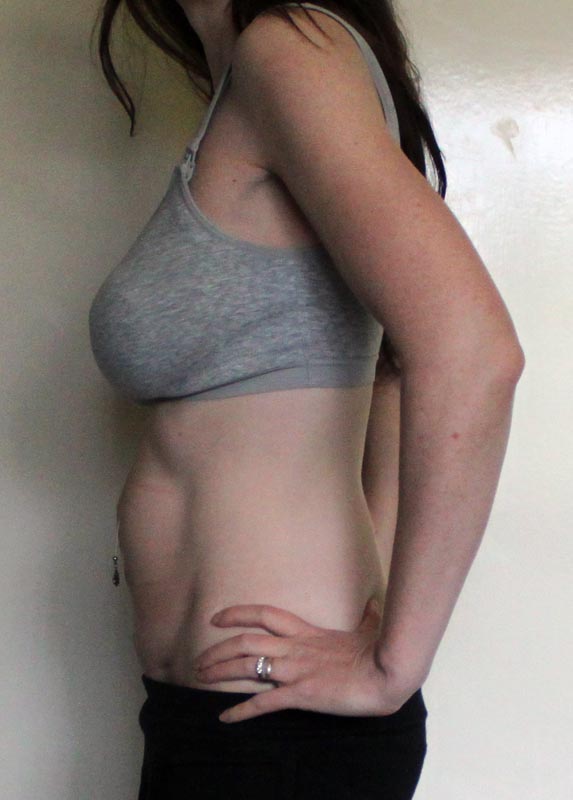 Remember, not all miscarriages are the same. You may have had a natural miscarriage or needed surgery. You may have even missed your miscarriage altogether. The reality is, there are no one-size-fits-all recommendations for how to re-engage your body after a miscarriage. Keep in contact with your doctor or OBGYN to ensure that you’re not rushing into things before your body is ready!
Remember, not all miscarriages are the same. You may have had a natural miscarriage or needed surgery. You may have even missed your miscarriage altogether. The reality is, there are no one-size-fits-all recommendations for how to re-engage your body after a miscarriage. Keep in contact with your doctor or OBGYN to ensure that you’re not rushing into things before your body is ready!
Sex After A Miscarriage
You can have sex after about two weeks if you had a natural miscarriage. If you had a surgery-induced miscarriage, you will need to wait longer to have sex after a miscarriage to give your body more time to heal
Periods After A Miscarriage
For a few weeks, up to two months, your period may look different; you may experience spotting or heavy bleeding. However, by the second month after the miscarriage, your period should return to normal since it takes about 60 days for your uterus to return to its previous state and for the pregnancy hormone (hCG) to drop.
Pregnancy After A Miscarriage
Right after a miscarriage, getting pregnant again might be the last thing on your mind. But if you are immediately ready to try again and your doctor has cleared you to have sex again, it’s recommended to wait 1-2 full menstrual cycles after a miscarriage to try for a another pregnancy. This will allow more full physical healing and hormonal re-balancing. Just be sure your doctor approves of your decision to start trying again since they have the best understanding of your physical recovery and how ready your body is to conceive again.
Friend, we pray that the next few days, weeks, and months are restorative for you. As you continue your recovery and healing journey, be patient with your mind, heart, and body and we hope you get the space and time to grieve your loss.
Visit The Source for free or low-cost professional counseling if you’d like a trustworthy person to work through this with. Our counselors are licensed and trained to support women and help them through difficult times. Click the button below to get connected with a Source counselor today!
Click the button below to get connected with a Source counselor today!
What happens to your body after a miscarriage?
After a miscarriage, the body takes weeks to return to normal. Besides your emotional reactions, you will also have hormonal responses. Your body will go through the same changes as you would with a full-term delivery. Your body will need lots of rest and time to recover. However, there are several symptoms to be on the look out for.
How do you know if you’ve miscarried?
One of the most common sign of a miscarriage is vaginal bleeding, which can vary from light red or brown spotting to heavy bleeding. If it is very early in the pregnancy, you may think that you have your period. You can also experience cramping pain in your lower abdomen, which can vary from period-like pain to strong labor-like contractions.
You should really see a miscarriage professional or go to the emergency room right away if you:
- Have extremely bad abdominal pain
- Have a fever over 100.
 5 degrees F (38 degrees C) for more than 4 hours after taking acetaminophen
5 degrees F (38 degrees C) for more than 4 hours after taking acetaminophen - Have vaginal discharge that smells bad
- Have much heavier bleeding than a normal period (soak through a thick maxi pad in 1 hour, more than 2 hours in a row)
- Pass blood clots that are bigger than an egg
It is of course normal to have bleeding after a pregnancy loss, but the amount is different for everyone. You could have little to no bleeding, spotting/bleeding that starts and stops over a few days or weeks, bleeding like a regular period for 1 to 2 weeks, or you may pass blood clots/tissue. This bleeding could happen 1 day to 1 month after the pregnancy loss. Everyone is different.
Your breasts may become tender and if the pregnancy was over 14 weeks then there can be some breast milk as well. Breast pressure and fullness can last from a few days to a few weeks. Try and make yourself comfortable by wearing supportive clothing and using breast pads to soak up any leaking milk.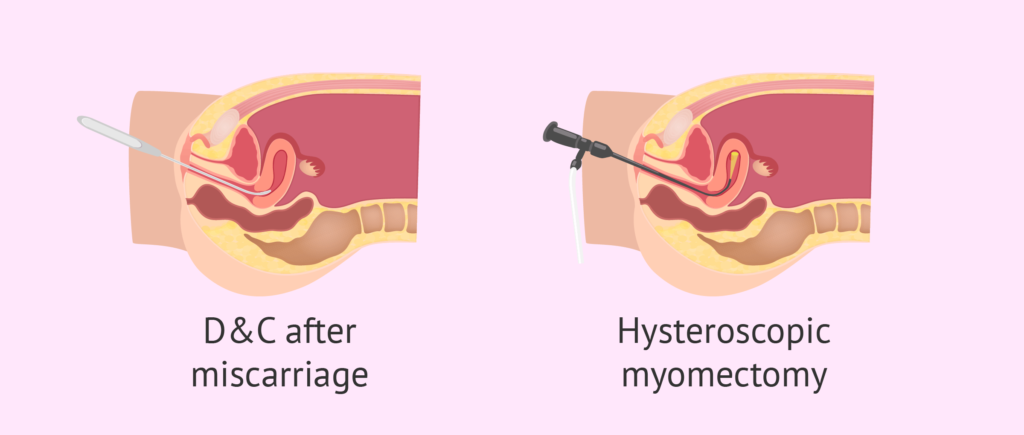 Take pain medication when needed like acetaminophen or ibuprofen. However, make sure you don’t pump and express the milk as that can cause a continuation of the milk production. Try cold compresses for a few times a day to relieve pain/pressure.
Take pain medication when needed like acetaminophen or ibuprofen. However, make sure you don’t pump and express the milk as that can cause a continuation of the milk production. Try cold compresses for a few times a day to relieve pain/pressure.
Some other changes that your body can endure are nausea and/or diarrhea. This is caused by the hormone changes or from the medications given during a D&C abortion. Typically these symptoms get better after a couple of days. If your nausea is bad enough, talk to your pharmacist about different over the counter medications that you can take.
It’s normal after a miscarriage to feel tired, sad, or to cry. If it lasts more than a few weeks or if you feel overwhelmed by your loss, talk to your family doctor or a grief counselor. You may also benefit from a support group where you can meet others who have experienced a similar loss.
How long does it take to recover from a miscarriage?
It can take a few weeks to a month or more for your body to recover from a miscarriage. Depending on how long you were pregnant, you may have pregnancy hormones in your blood for 1 to 2 months after you miscarry. Most women get their period again 4 to 6 weeks after a miscarriage. You can do all of your normal activities like exercise, driving, work, etc. once you feel ready. For 2 weeks following a miscarriage, do not put anything in your vagina because there is an increased risk of infection. This means no tampons, no sex, and do not douche. If you have any questions, please call your health care provider.
Depending on how long you were pregnant, you may have pregnancy hormones in your blood for 1 to 2 months after you miscarry. Most women get their period again 4 to 6 weeks after a miscarriage. You can do all of your normal activities like exercise, driving, work, etc. once you feel ready. For 2 weeks following a miscarriage, do not put anything in your vagina because there is an increased risk of infection. This means no tampons, no sex, and do not douche. If you have any questions, please call your health care provider.
Get Support
Emotional support is huge during this time. Allow your family and friends to help you get through this. Often times your friends and family know that you are grieving but do not know how to help you. When you know what you need help with let them know. This could be meal preparation, talking about the loss, coming for visits, etc. It’s okay to talk about what you need so that they can help you. More times than not you will need time to grieve, rest, and heal and to connect with your partner.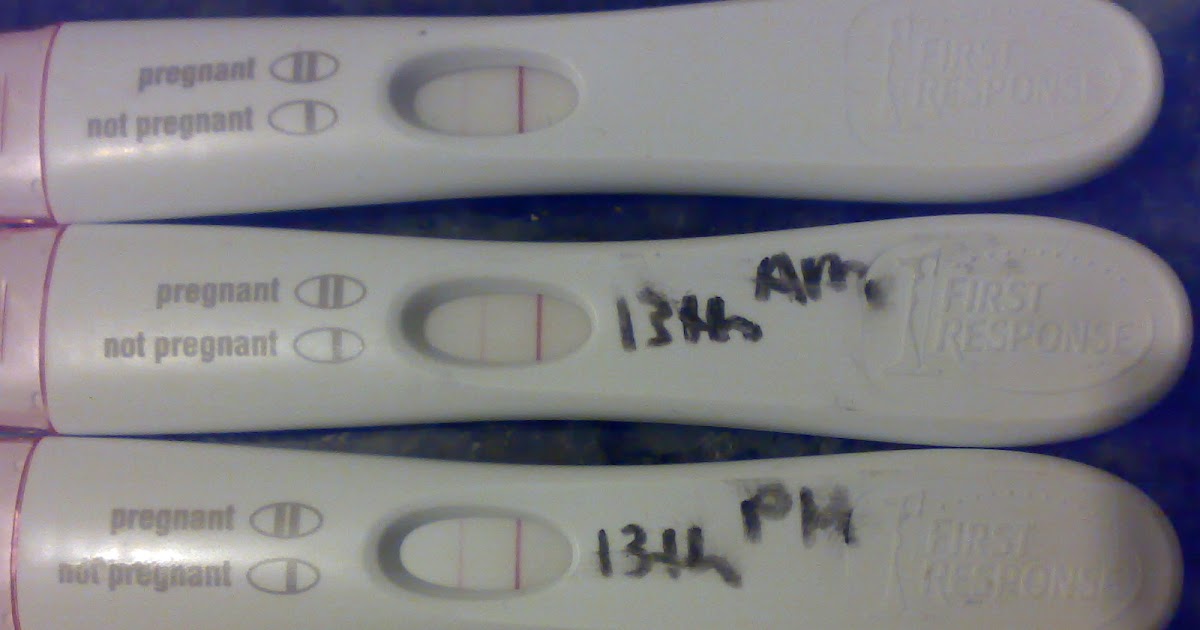
Getting support from a professional is always a good idea as well. Let your healthcare provider know if you would like help from a social worker, spiritual care advisor, leader from a spiritual or cultural community, etc. You and/or your family may want to go to a space for support. We are always here for you at Eastside Gynecology. Please contact us if you need medical or support assistance related to your miscarriage.
Why does the chest hurt after a miscarriage, and what to do about it?
A miscarriage is commonly referred to as a spontaneously interrupted pregnancy for up to 22 weeks, during which a non-viable fetus is “born”. The hormonal changes provoked by this fact have a very strong effect on the woman's body. Let's try to figure out what worries her after a miscarriage, and how to deal with it.
Contents
- Causes of a miscarriage
- How to suspect a miscarriage
- Immunological. Antiphospholipid syndrome, incompatibility of the father and mother in the Rh system - all this affects the mother's immune system, which can reject a child incompatible with her.
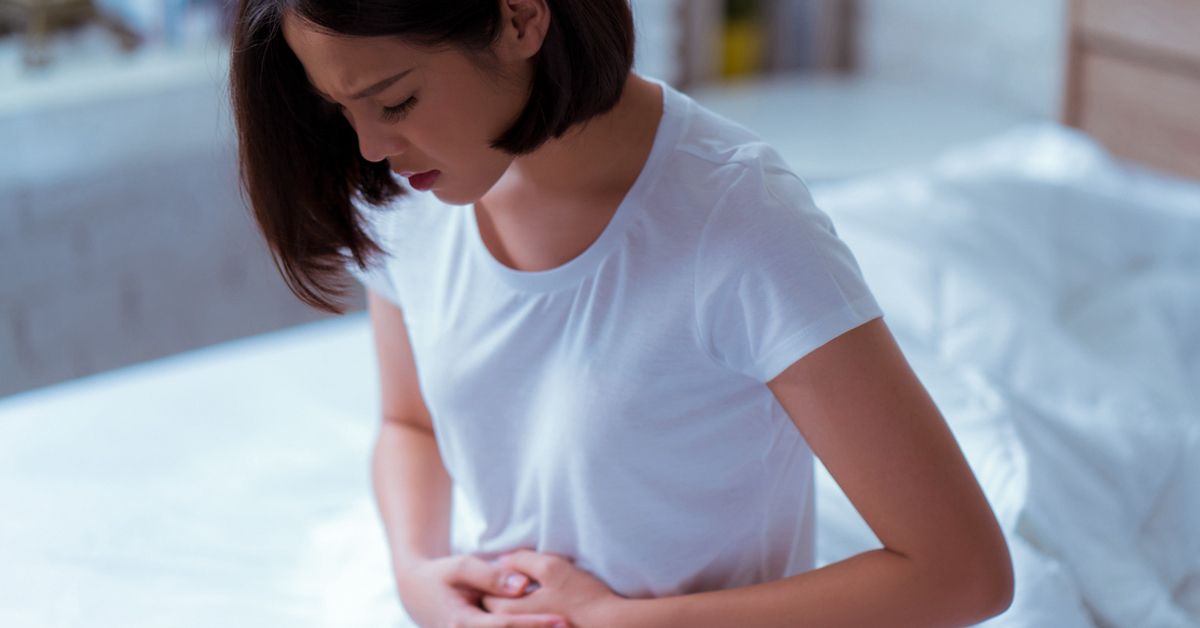
- Infectious. Infectious diseases of the TORCH group are the main cause of miscarriage at any time.
- Endocrine. The main reason is the lack of progesterone
How to suspect a miscarriage
The general deterioration in the condition of a pregnant woman is a reason to suspect an incipient miscarriage. Pain in the lower abdomen, back pain, the appearance of spotting bloody discharge or copious mucous discharge from the genital tract - all this is a reason to consult a doctor to exclude the diagnosis of an interrupted pregnancy.
The only method that can confirm this diagnosis with absolute certainty is an ultrasound of the uterus. The sooner it is done, the better - it may be possible to save the pregnancy.
times a year
35.18%
I no longer remember when the last time was
27.49%
times every six months
14.73%
every 2-3 months or more than
8.91%
times a time 3 years or less
7. 49%
49%
Every 2 years
6.2%
Voted: 72833
Worries after a miscarriage
Women's problems after a miscarriage:
- chest pain;
- mastopathy;
- breast reduction;
- irregular periods;
- pain in the lower abdomen and in the groin;
- uterine bleeding;
- bacterial vaginosis and other infections of the female reproductive system.
Some of these problems in most cases do not require qualified medical care (chest pain, for example), and some will have to be solved with the help of doctors.
Why does the chest hurt after a miscarriage
From the very first day of pregnancy, a woman's body begins to prepare for childbirth and subsequent feeding of the child. Under the influence of estrogens and progesterone, glandular tissue grows in the mammary gland, and the number of milk ducts increases.
A miscarriage is accompanied by sudden hormonal stress.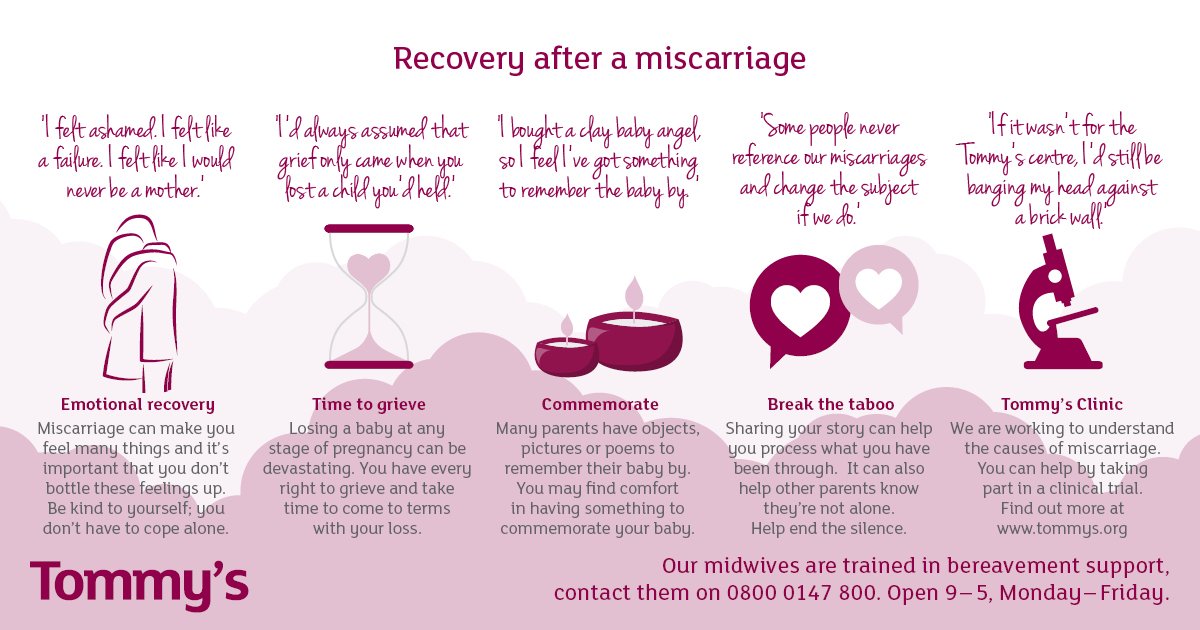 The existing changes cannot instantly “roll back” - for a few more days the breasts are preparing for lactation, although the necessary hormones are no longer produced. It is the regression of existing changes (a decrease in the amount of glandular tissue and milk ducts) that causes chest pain after a miscarriage.
The existing changes cannot instantly “roll back” - for a few more days the breasts are preparing for lactation, although the necessary hormones are no longer produced. It is the regression of existing changes (a decrease in the amount of glandular tissue and milk ducts) that causes chest pain after a miscarriage.
Breast lump
It's not just chest pain that worries women who have had a miscarriage. More than half of them complain not only of pain in the chest, but also of the appearance of nodules and bumps in it. The reason for this is the same - reverse (reverse) changes in the mammary glands due to hormonal failure.
If lumps appear in the breast after a miscarriage, you should pay attention to them and carefully monitor them. If within 1-2 weeks the seals do not disappear, increase or start to hurt, you should definitely contact a mammologist - there is a high risk of developing mastopathy. If the chest has become like a stone - this is a reason to drop everything and go to the hospital!
I am 18 years old and recently had a misfortune - I suffered a long-term miscarriage - at 20 weeks. My chest hurt for almost 2 weeks, then it went away, but a lump appeared in my chest after a miscarriage. What should I do now? This is dangerous?
My chest hurt for almost 2 weeks, then it went away, but a lump appeared in my chest after a miscarriage. What should I do now? This is dangerous?
Chest pain after a miscarriage is perfectly acceptable. It usually resolves on its own and does not require specific treatment. With a lump formed in the chest, everything is a little more complicated. It is necessary to clarify - does it hurt on palpation, does it increase in size? In any case, you need to see a doctor - he will prescribe the minimum necessary examination: mammography, hormonal status.
How long the chest hurts after a miscarriage
The duration of mastalgia (chest pain) after a miscarriage is individual, but extremely rarely pain bothers more than 2 weeks. In many ways, the duration depends on the following factors.
- What kind of pregnancy (in nulliparous breast pain lasts longer).
- First miscarriage or not. With repeated unsuccessful pregnancies (the so-called habitual miscarriage), the pain goes away much faster.
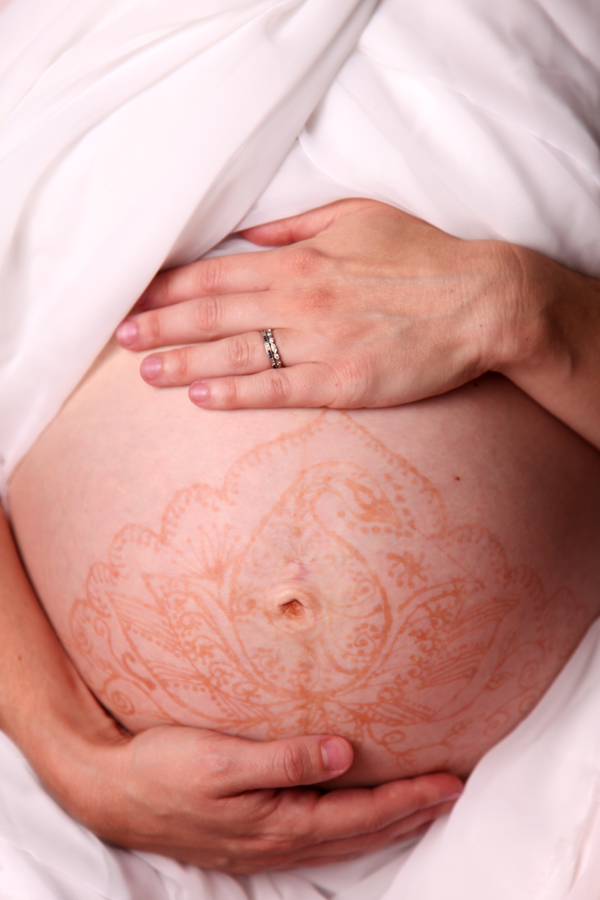
- The presence of concomitant diseases of the female reproductive system (mastopathy, adnexitis). These diseases increase pain and prolong it.
Can breasts shrink after a miscarriage
Some women, especially young primigravidas, often complain of breast reduction in the event of a miscarriage. It is worth knowing that this is a purely subjective feeling - the chest is really decreasing, but one should not forget - before that it increased.
After a miscarriage, a woman's breasts shrink to eventually become the size they were before pregnancy. Breast reduction by 0.5-1 size is not surprising.
Warning! This photo contains information not intended for viewing by persons under the age of 18!
Miscarriage and menstruation - will the chest stop hurting? Of course, one cannot speak of a complete recovery in the first month, but after a few months the woman is quite ready for a new pregnancy.
The next period after a miscarriage occurs in a woman after 3-4 weeks. Sometimes it turns out that the chest pain associated with a miscarriage has not yet completely disappeared, but for many, the chest hurts even before menstruation - a layering of periods of soreness is obtained. In such a situation, it turns out that the breasts are very disturbing for a woman for 2-3 weeks. There is no need to be afraid of this, but it is necessary to control the condition of the mammary glands.
Sometimes it turns out that the chest pain associated with a miscarriage has not yet completely disappeared, but for many, the chest hurts even before menstruation - a layering of periods of soreness is obtained. In such a situation, it turns out that the breasts are very disturbing for a woman for 2-3 weeks. There is no need to be afraid of this, but it is necessary to control the condition of the mammary glands.
What to do after a miscarriage
After any miscarriage, you need to see a doctor - he will tell you what to do specifically in your situation. After all, much depends on the circumstances of the miscarriage, on the period at which it occurred. But there are some universal recommendations that it is advisable to adhere to.
- Do not try to get pregnant as soon as possible. It is recommended to wait at least 6 months. It is during this time that the female body levels the effects of hormonal failure. It is noted that a second pregnancy that occurs within 6 months after a miscarriage also ends unsuccessfully in 30% of cases.

- Actively use barrier methods. About hormonal pills, even if you used them before, you should forget, or use them only as directed by a doctor.
- Try to be examined - you need to find out the cause of the miscarriage.
- Consult a psychologist. A miscarriage at any time, especially if it is accompanied by chest pain or other unpleasant symptoms, is a direct indication for seeking qualified psychological help - no need to withdraw into yourself!
- Eliminate all risk factors that can provoke a recurrence of such a situation: give up smoking and alcohol (not to mention drugs), normalize your daily routine, avoid stressful situations, review your diet.
Severe mastalgia is treated with non-steroidal anti-inflammatory drugs. They are not always effective, but in the absence of an alternative, they can be used. If galactorrhea has joined the pain in the chest after a miscarriage, you should try breast tightening.
Any miscarriage may be accompanied by unpleasant symptoms, including chest pain, but this is not a reason to abandon children altogether. Modern medicine works wonders, and even in cases with habitual miscarriages, women become happy mothers.
Modern medicine works wonders, and even in cases with habitual miscarriages, women become happy mothers.
My doctors at an early stage (6-8 weeks) diagnosed me with a miscarriage, but they said it was a miscarriage. Can my chest hurt after this miscarriage, otherwise I have been suffering from chest pains for the second day already. If it is related, how can I cure it?
Indeed, a miscarriage (of which miscarriage is a special case) can be accompanied by chest pain. Most often, no special treatment is needed, but you can take a regular pain reliever if the pain is very severe. Mastalgia usually resolves within 2-3 days.
You can ask your question to our author:
Why do breasts hurt after medical abortion?
why my chest hurts .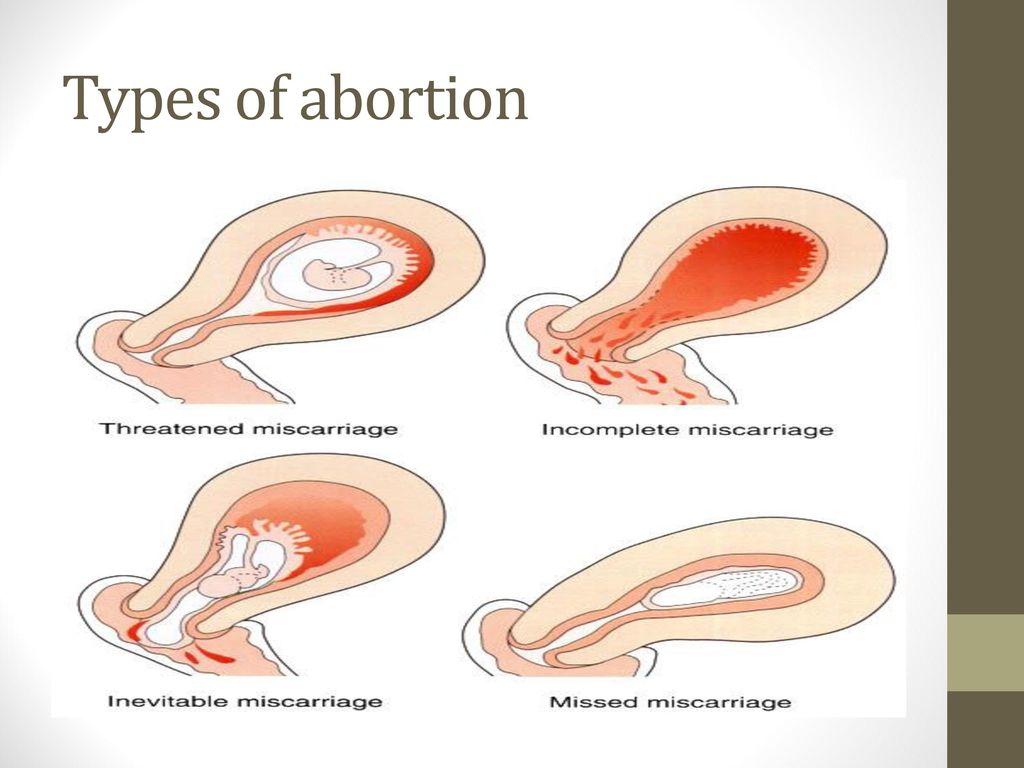 ..
..
-
If you removed the uterus
69 213 answers
-
Blood under sexual intercourse
255 answers
9000 4 days? -
Water flows from the vagina
2015 answers
-
Menstruation twice a month
500 answers
-
Pieces of meat during menstruation is an egg or a miscarriage?
577 answers
-
Pimger or bump on the internal labia
751 Answer
-
How to get rid of the vaginal smell
975 answers
-
Small labia strongly large
715 answers
-
Pieces of the vagina between the monthly
9000 9000 9000 9000 9000 9000 -
Last - Go to
#1
#2
#3
9000 #4 9000 9000) attention#5
Guest
medication is a very flexible concept - at least a hundred drugs of various groups, both hormonal and non-hormonal.
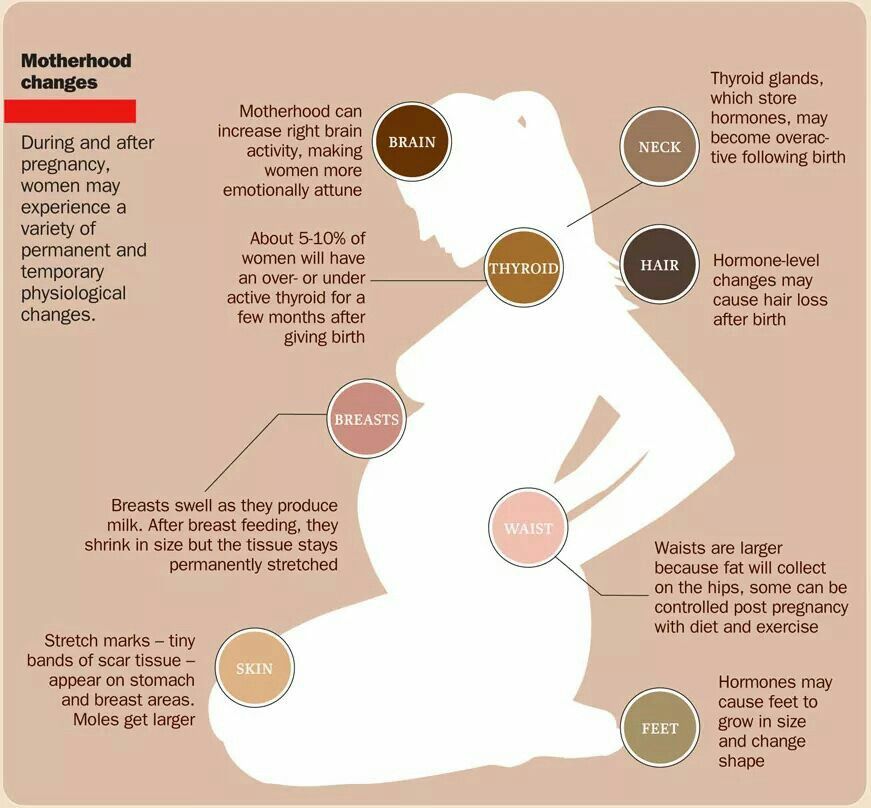 plus the path of lymphatic drainage from the rejection zone. systemic reaction to blood loss (vasospastic, hypercoagulable, etc.). plus matches, unknown state of rejection zone. plus psychophysiological reactions, the microflora of the appointing institution (if any). if after "MA" everyone's chests "burst" - the technique would long ago have given way to a barbell or pulling buckets of bricks.
plus the path of lymphatic drainage from the rejection zone. systemic reaction to blood loss (vasospastic, hypercoagulable, etc.). plus matches, unknown state of rejection zone. plus psychophysiological reactions, the microflora of the appointing institution (if any). if after "MA" everyone's chests "burst" - the technique would long ago have given way to a barbell or pulling buckets of bricks. New topics per day:
-
Are metro trips harmful or is it a myth?
No answers
-
Pain in the lower abdomen
3 answers
-
The endocrinologist asked if I had a vaccine. What for ?
9 answers
-
Vitreous body destruction. Flies in the eyes
No answers
-
Looking for drugs for the mother
2 answers
-
Tell me where to buy the drug?
11 answers
-
Can I be pregnant?
2 answers
-
Endometriosis and pregnancy
No answers
-
DMs before the start of menstruation at the reception of OK
3 answers
- 9000
with which diopter I need to buy leinza?
8 answers
Popular topics per day:
-
Tell me where to buy the drug?
11 answers
-
The endocrinologist asked if I had a vaccine.

-
624 answers
183 Strongly hurts the stomach during menstruation
583 answer
